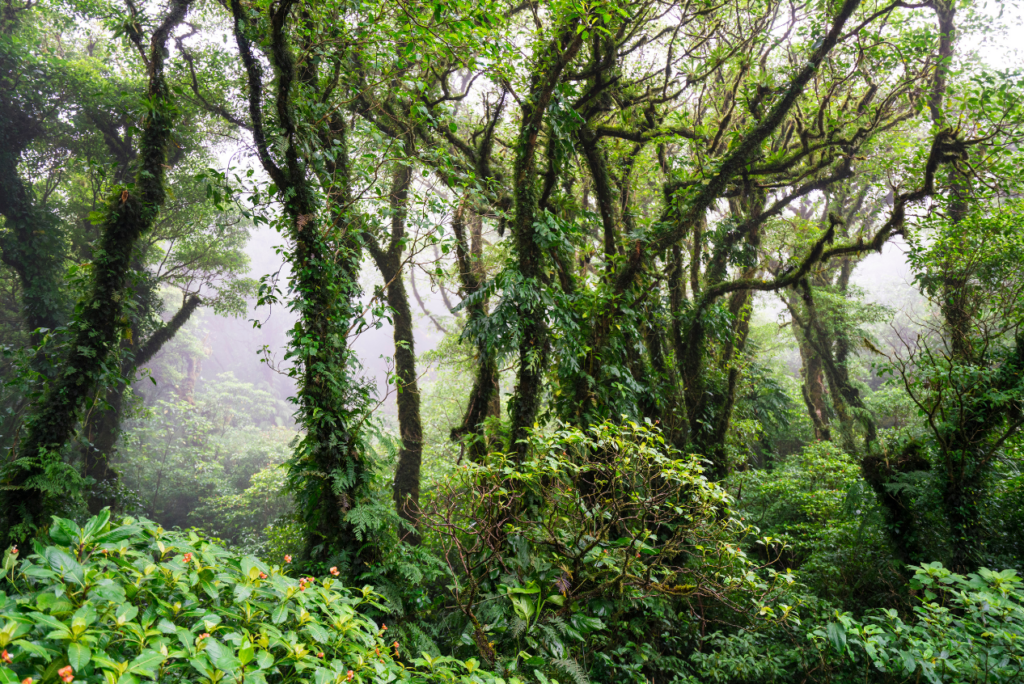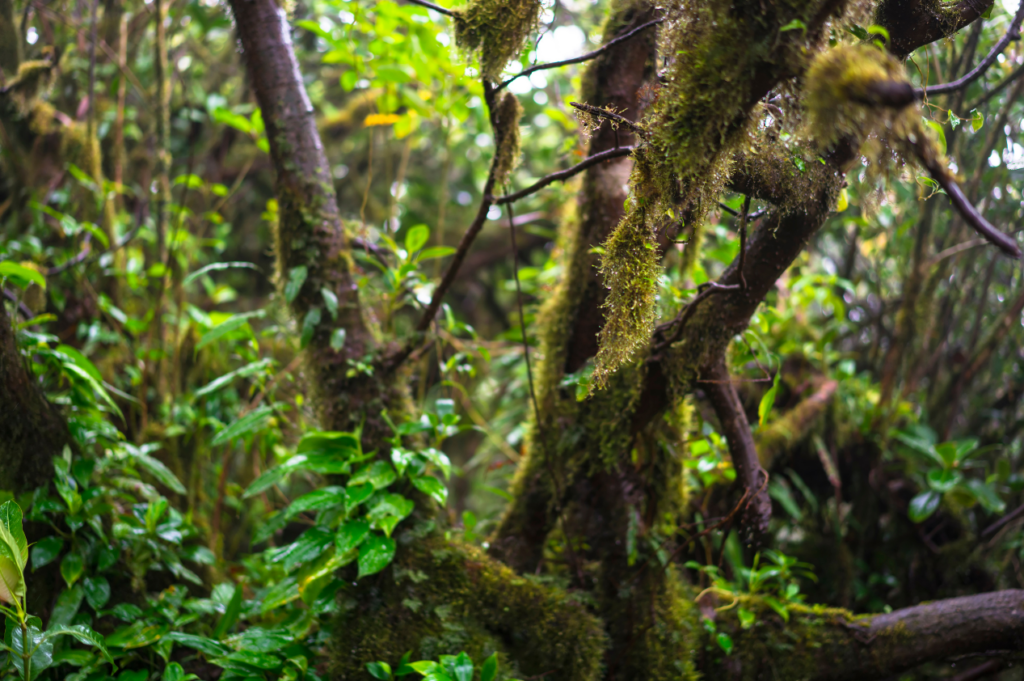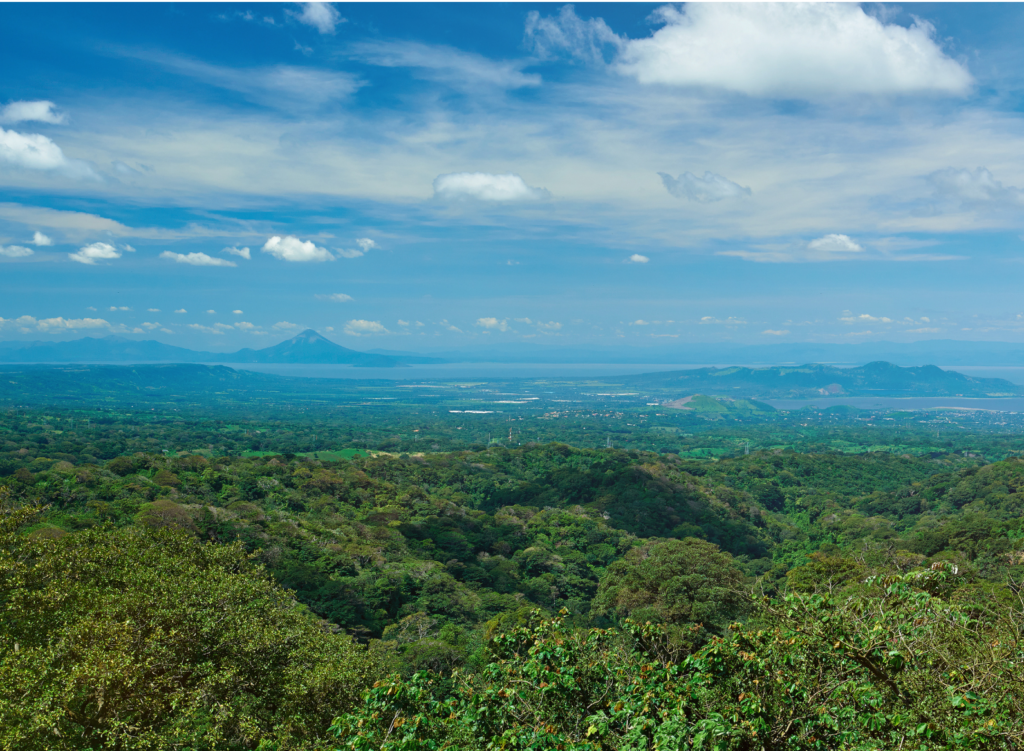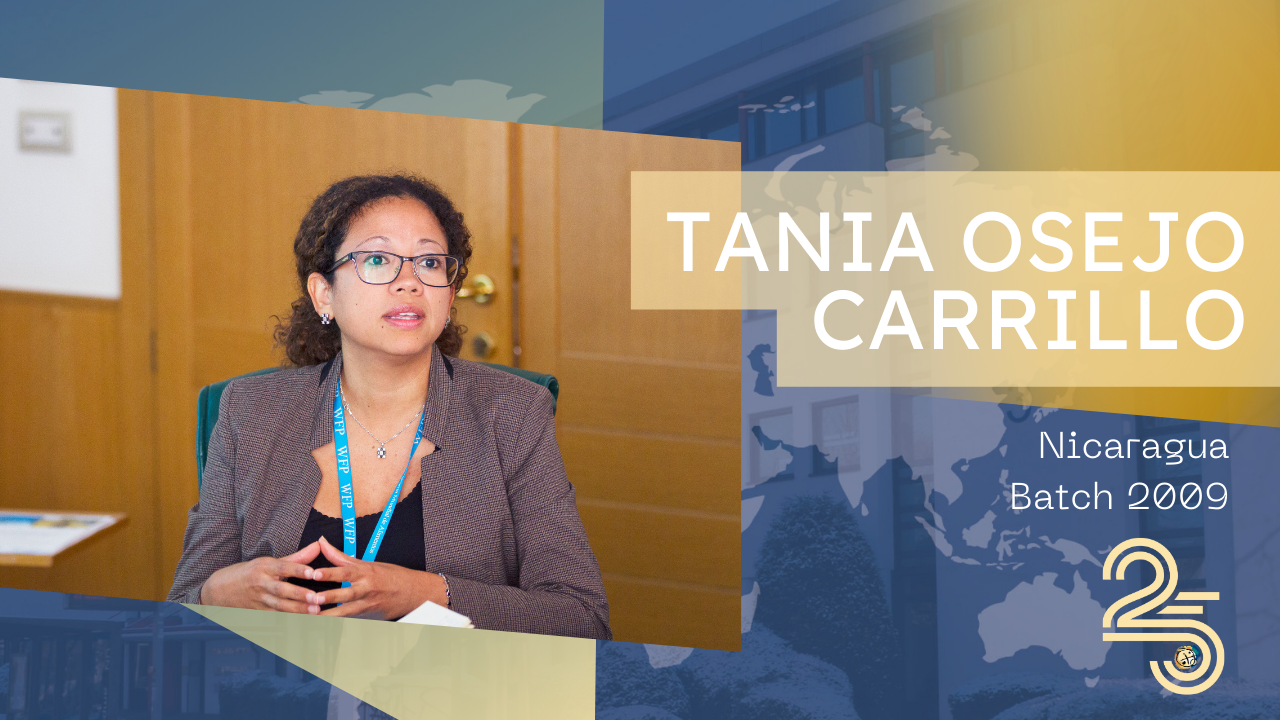Tanja Osejo Carrillo finished her PhD at ZEF in 2015 in the field of forest economics. After graduation she joined the World Food Programme, where she is still working.
“I wanted to contribute to strengthening the legal environmental framework in my home country Nicaragua”.
Fact sheet
- Tanja Osejo Carrillo comes from Nicaragua
- PhD at ZEF: 2009-2015
- PhD topic: Cost and Effectiveness of REDD policies: insights from the Bosawas Biosphere Reserve, Nicaragua
- PhD funding agency: German Academic Exchange Service (DAAD)
- Supervisor: Prof. Dr. Matthias Dieter
- Current position: Senior Advisor cash transfers programme for Latin America and the Caribbean Region, World Food Programme (WFP)
Q&A with Tanja
What was your motivation for conducting your doctoral research at ZEF?
I wanted to contribute to strengthening the legal environmental framework in my home country Nicaragua. My goal was to gain a deep understanding of how carbon markets works and how I can use this knowledge for a better management of land-use and forest management.


You did your PhD on the topic of ‘The cost and effectiveness of REDD policies: insights from the BOSAWAS biosphere Reserve, Nicaragua’. What were your main outcomes?
My research contributed to filling gaps with regard to several topics. First at all, it brought more accurate estimates of the opportunity costs of REDD [Reducing Emissions from Deforestation and Forest Degradation, ed.]. These estimates were based on empirical data I collected at the local level – data that did not exist up to that time. My research concluded that the opportunity cost of land uses constituted the major source of REDD costs (98% of total cost structure) at the time. The cost of avoided deforestation ranges between US$ 9 to US$ 18 tCO2, so my recommendation was that this range should be considered when designing a REDD incentive scheme. Secondly, the research developed a baseline in terms of CO2 emissions and the associated opportunity costs of land-use change. This was based on identifying land–use trajectories at local level. Finally, I assessed the spatial feasibility of REDD-schemes, based on the situation of land-tenure, using projections and GIS.
How relevant was your work for policy-makers?
The topic was relevant for policy makers as well as for practitioners in Nicaragua. My research provided a basis for further research in this area and for devising policies to improve forest management. I also presented the results to the scientific community in Nicaragua.
How did you apply your knowledge and skills acquired during your doctoral education to policy and practice?
My education at ZEF has enabled me to address gaps and come up with new ideas for research opportunities and approaches on how to deal with concrete problems in the fields of climate-risk financing, climate-change adaptation and food security. It opened doors to me, e.g. in the UN system where I was able to boost innovative approaches to analyze links between food security and climate change, see: https://www.fao.org/state-of-food-security-nutrition/2021/en/. After graduation I joined the World Food Programme (WFP) to work in the field of climate change. After five years I became a Senior Advisor with the cash transfers program for Latin America and the Caribbean Region at WFP. There, I am applying the concept of opportunity cost and effectiveness in cash transfer programmes in the humanitarian sector.
From which aspects of your doctoral education did you benefit most during your career?
Being at ZEF helped me strengthen my discipline and determination. Being among highly-educated peers pushed me to give the best of the best, organize my time in an efficient way. Moreover, it offered me the most incredible exchange of ideas. In the end, the support from my colleagues and batch was priceless.
Ms. Osejo-Carrillo, we thank you for this interview.

Photos in this post: Canva pro



Leave a Reply